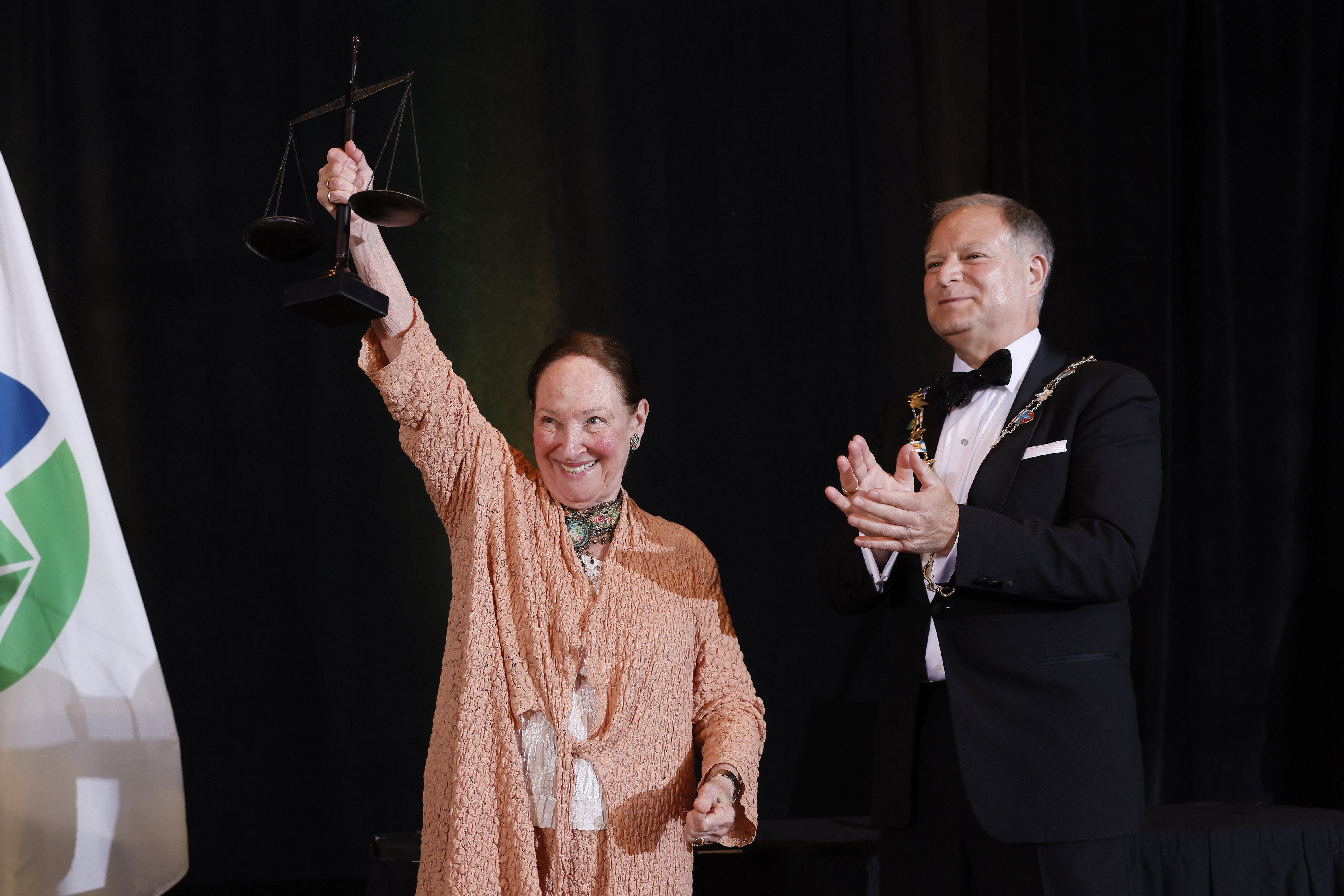Via email: CivilRules.Review@ontario.ca
Civil Rules Review (CRR) Working Group
c/o Civil Policy and Programs Branch
Ministry of the Attorney General
720 Bay Street, 3rd Floor
Toronto, ON M7A 2S9
Dear Civil Rules Review Working Group,
Re: Ontario Rules of Civil Procedure
I am writing on behalf of the Civil Litigation Section of the Canadian Bar Association (the CBA Section), in response to the Phase 2 Consultation Paper initiated by the Ontario Civil Rules Review working group (CRR). We chose to focus on a discrete point, namely service on lawyers.
The CBA is a national association of 40,000 lawyers, Québec notaries, law teachers and students, with a mandate to promote improvements in the law and the administration of justice. The CBA Section is comprised of civil litigators practicing across all Provinces with expertise spanning all practice areas within their respective Provincial civil systems. It is dedicated to achieving the CBA’s mission to both promote and improve the administration of justice, access to justice, equality within the justice system, and advance the interests of its members nationally.
The CBA Section takes a keen interest in the CRR’s Consultation Paper, particularly given its overlapping mandate of promoting access to justice. In our review of the Consultation Paper, we surveyed members, reviewed and discussed the proposals and consulted international resources.
National Implications of Service on Lawyers
The Consultation Paper proposes adopting a new rule that allows service of a claim on a lawyer who has been communicating with the claimant or the claimant’s counsel about the issue subject of, or giving rise to, the litigation. The lawyer need not be retained to defend the litigation or accept service on behalf of a client. Service is effective merely by delivery of the claim to the lawyer. Service will not require the lawyer to accept service. If enacted as described, this will impact lawyers across Canada.
The Consultation Paper does not discuss how the proposed rule change would apply when a defendant resides outside Ontario, but the communicating lawyer is located within Ontario. Specifically, it does not clarify how the proposed changes would interact with Rule 171 which governs service outside Ontario.
Allowing service on a lawyer solely because they have previously communicated with the claimant or their counsel raises potential issues under private international law, particularly regarding the enforcement of Ontario judgments abroad. Service on a lawyer is unlikely to constitute submission (attornment) to Ontario’s jurisdiction for a non-resident defendant, nor does it confer in personam jurisdiction under common law in the same way as personal service within Ontario.
The CBA Section recommends further consideration of the enforceability of Ontario judgments against non-resident defendants when their only connection to Ontario is service on their Ontario-based lawyers under the proposed rule. It should also be examined whether resulting jurisdictional challenges would support or undermine the working group’s objective of reducing unnecessary motions.
Conversely, jurisdiction over defendants for proceedings to enforce in Ontario a judgment rendered outside Ontario may be expanded by the proposed rule change. The Supreme Court of Canada’s decision in Chevron Corp. v. Yaiguaje2 held that the act of service according to the enforcing court’s rules is sufficient to grant jurisdiction over a defendant in enforcement of judgment proceedings.
It is not apparent from the Consultation Paper this is the intended effect of the recommended reform to service.
To the extent the CRR intends the proposed rule change to apply as a means to effect service of an originating document that would otherwise require service outside of Canada, the proposal would be inconsistent with the methods for service under the Convention of 15 November 1965 on the Service Abroad of Judicial and Extrajudicial Documents in Civil or Commercial Matters (commonly known as the Hague Service Convention).
The CBA Section’s submission is intended solely to emphasize that changes to service rules will affect the enforcement of foreign judgments both in Ontario and in other jurisdictions,
We welcome further opportunities to engage with the CRR working group on this or any other relevant matter.
(original letter signed by Julie Terrien for G. Darren Williams)
G. Darren Williams
Chair, Civil Litigation Section









